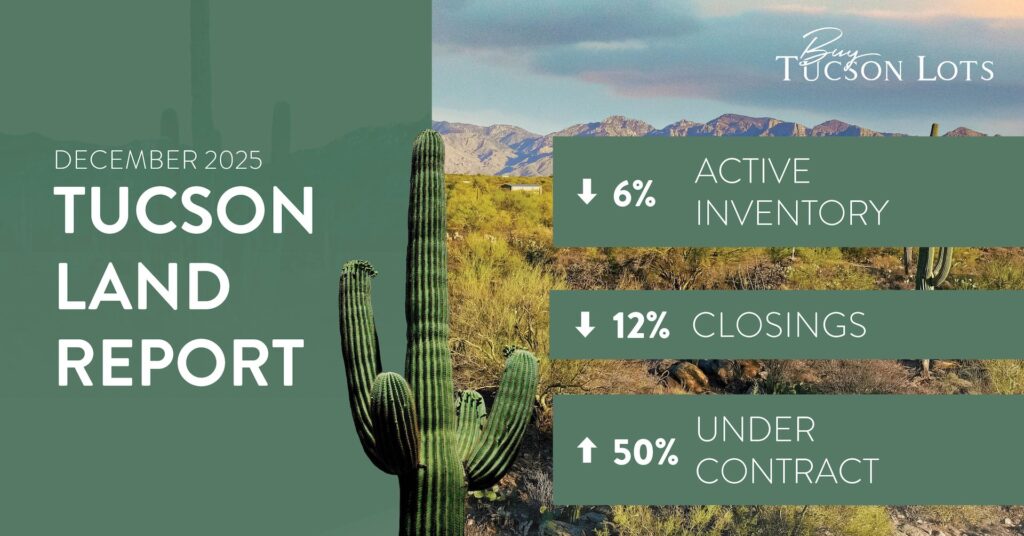Realtors’ commissions are among the most hotly debated topics in the evolving real estate landscape. Recently, an article by Land Hub, shed light on this matter, clarifying some common misconceptions and highlighting potential changes on the horizon.
This discussion is particularly relevant as a significant lawsuit, which could reshape commission practices nationwide, is anticipated to conclude in August 2024. However, the Department of Justice has expressed interest in reviewing the case, potentially delaying the final settlement. In this blog, we will discuss the new changes and how they may impact land transactions.
Common Misconceptions: Realtors’ Commissions Aren’t Set by NAR
A common myth in the real estate industry is that the National Association of REALTORS® (NAR) mandates a standard 6% commission rate. The media inflates this misunderstanding, stemming from the common practice of listing brokers offering compensation when properties are listed on the Multiple Listing Service (MLS). Observing similar percentages across transactions has led to the erroneous belief that NAR enforces a fixed rate. In reality, commission rates result from individual negotiations between sellers and their listing agents.
Unique Commission Structures for Land Transactions
In the land lot sector, commissions can vary significantly from traditional real estate transactions. Selling land involves different challenges, like understanding zoning laws, environmental regulations, and land use planning. As a result, the commission structure often reflects the specialized knowledge and additional effort required to market and sell these properties.
For instance, in Tucson, where land can range from residential lots to vast rural acreage, the time and resources invested in selling these properties can differ greatly. This variability underscores the importance of negotiating commissions that fairly compensate for the complexity and duration of the sales process. Unlike standard residential deals, where the 6% myth might still hold some sway, land transactions often require more tailored agreements.
NAR’s policies and guidelines strongly advocate for the negotiability of commissions, ensuring that consumers and real estate professionals alike understand that no preset rates exist.
The Role of MLS in Land Transactions
MLS plays a role in the real estate industry by fostering a collaborative environment where real estate professionals can list properties and share information. A key function of MLS is to ensure that listing brokers specify an offer of compensation to other agents who might bring buyers into the transaction. However, it is important to recognize that these offers are determined by the listing broker and are not mandated by NAR. This setup supports the principle that commissions are negotiable and can vary based on the specific circumstances of each transaction.
In the land lot market, the MLS serves as a valuable tool for reaching potential buyers, but its role can be different from that in residential sales. The pool of buyers for land is often smaller and more specialized, which means that marketing strategies and compensation structures need to be more flexible and targeted.
Debunking Myths with NAR’s Policies and Handbook
NAR’s MLS Antitrust Compliance Policy and the MLS Handbook explicitly prohibit the suggestion or establishment of uniform commission rates. These documents underscore the principle of negotiation and counter any misconceptions about a mandated commission structure. By adhering to these policies, NAR fosters an environment of ethical practices and fair real estate transactions, ensuring that all parties understand the flexibility in determining commission rates.
The Importance of Negotiation in Real Estate Transactions
Negotiation is a cornerstone of real estate transactions and maintains the marketplace’s dynamic nature. Both sellers and buyers understand that commission rates are determined through mutual agreement, not external dictations. This knowledge empowers them to negotiate more effectively and leads to more favorable terms for all parties involved.
Negotiation extends beyond commission rates to encompass the entire transaction process, from listing prices to closing terms. Effective negotiation can impact the outcome of a sale or purchase, highlighting the importance of open dialogue and clear communication between real estate professionals and their clients. By embracing the negotiable nature of commissions, individuals can better navigate the real estate market, ensuring their interests are represented and addressed.
Looking Ahead: Potential Changes and Implications
As the lawsuit’s conclusion approaches, the real estate industry is bracing for potential changes in commission practices. The Department of Justice’s involvement indicates a significant interest in ensuring that any new practices promote transparency and fairness. While the outcome remains uncertain, it is clear that the conversation around realtors’ commissions will continue to evolve.
Dispelling myths and understanding negotiation principles are essential for all parties involved in real estate transactions. As the industry awaits the potential changes from the ongoing lawsuit, stay informed and prepared for the evolving landscape of real estate commissions. By fostering transparency and embracing negotiation, the real estate market can become more equitable and successful for everyone involved. If you have any questions or need help in your real estate journey, please contact Buy Tucson Lots at 520.918.5477.







